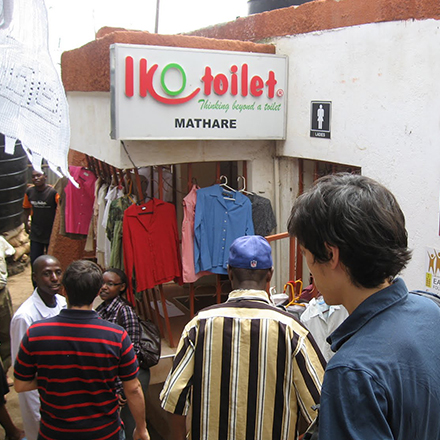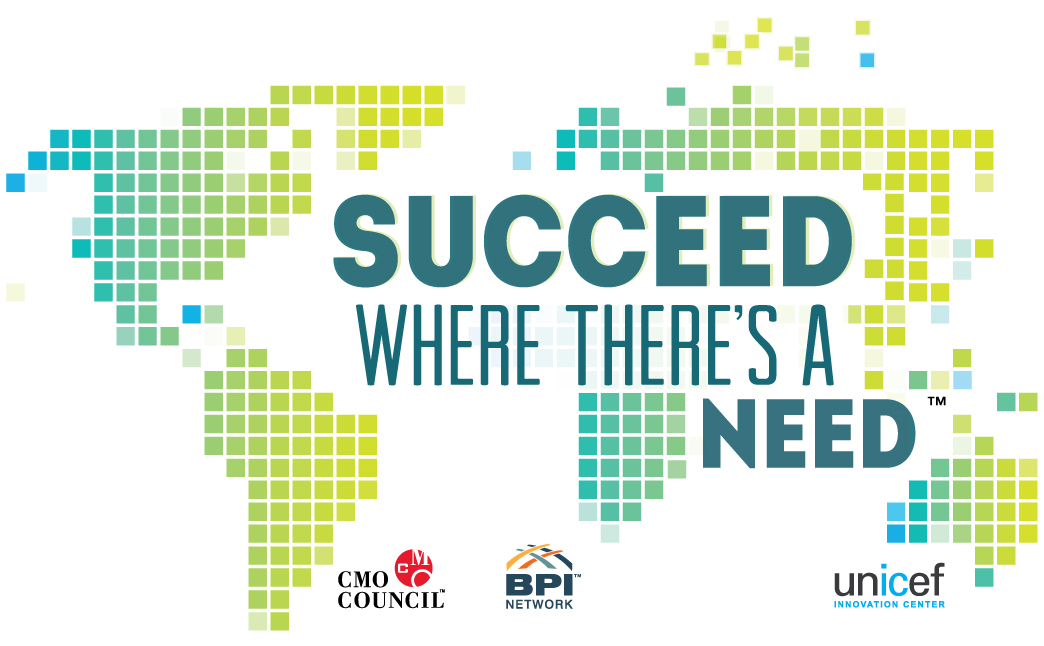Tech Inspirations
IkoToilet
 Need
Need
A lack of sanitation facilities in urban areas, schools, and low-income settlements leads to unsafe and unsanitary practices. These practices lead to millions of preventable deaths every year across the developing world. Additionally, sanitary practices are difficult to implement when there is a severe lack of water. When water is unavailable as a resource, people have to be very discerning in how they use the water which is available. Most times, sanitary practices are the last priority, despite the importance of these practices.
Succeed The IkoToilet product is a sustainable venture that provides a return on investment while also providing a comfortable and hygienic place for people to go to the toilet. From the outside you’ll see any number of different designs of the IkoToilet’s architecture. When you walk into an IkoToilet you will immediately notice the cleanliness as well as hear music playing to welcome you in. They are full bathrooms, with multiple toilets, showers, and sinks that provide clean water and soap. But that's not all. The vision of the IkoToilet is to provide a social aspect as well to ensure that people rethink their views on public toilets. Each IkoToilet has the main function of a bathroom; however, there are two other stations attached, one on the front and one on the back. These stations serve a number of purposes from convenience stores where you can buy food, drinks, and other products, to salons, to shoe shine stations, and most recently they have added electronic money transfer stations. This idea has taken the idea of a toilet and transformed it dramatically into a place of socializing.
The IkoToilet addresses the issue of sanitation, but it has gone further than that. The extra amenities require a full-time staff. In fact, each location provides full-time employment for 10 young people from the community. So for each new IkoToilet installed, it provides employment for 10 additional young people. The IkoToilet is also sustainable. They partnered with Roto Moulders, who makes a bio digestive system and provides the IkoToilets with a completely water free sanitation system. Additionally, waterless urinals and low flow faucets are used to keep the water use down to the bare minimum. This is a smart and sustainable solution in a place that is already water-scarce.
Success Story David Kuria’s decision to start the IkoToilet model seven years ago is today the epitome of decency in Nairobi. Although Kuria knew it was the government’s responsibility to provide proper sanitation in the city, he was determined to partner with the State to implement his idea. There are over 60 IkoToilet units across the country as of November 2014, serving more than 10 million Kenyans a year. According to Kuria, IkoToilet employs about 80 members of staff across the country and earns the company at least Sh100,000 per day. “We have franchised 20 of our ikotoilets to local entrepreneurs in the different parts of the country,” David says. A new standard of hygiene in target communities has been achieved, reducing environmental health risks and restoring dignity with the provision of sanitation services. Sustainability of Ikotoilets is enhanced through youth training programmes that provide sufficient management skills to prepare them to eventually run these facilities as entrepreneurs
David Kurina is an architect with over 10 years experience in urban environment, research, community assessment and technology development. Before he thought up the idea of IkoToilets he saw what were basically unusable bathroom facilities; they were dangerous, and being used as places for drug deals, robbing, and vandalism. Also, no new facilities had been built for almost 20 years, and were no longer in working order or hygienic. This fed into a cultural idea that it was better to just go to the bathroom outside then into one of the dark, dangerous toilets. After looking at this, David decided that he had to make a toilet that was more beautiful and safe in order to make people start thinking differently about using these facilities. IkoToilet was his brainchild on his mission to change how people think about toilets and ultimately the way people live. Iko Toilet, which translates to “there is a toilet” is a product made by Ecotact, which was started in 2007 as a social enterprise working to find innovative ways to help solve sanitation problems in Africa. Now, this product has reached over 10 million people and helped them move away from a thinking where open defecation was a norm.



